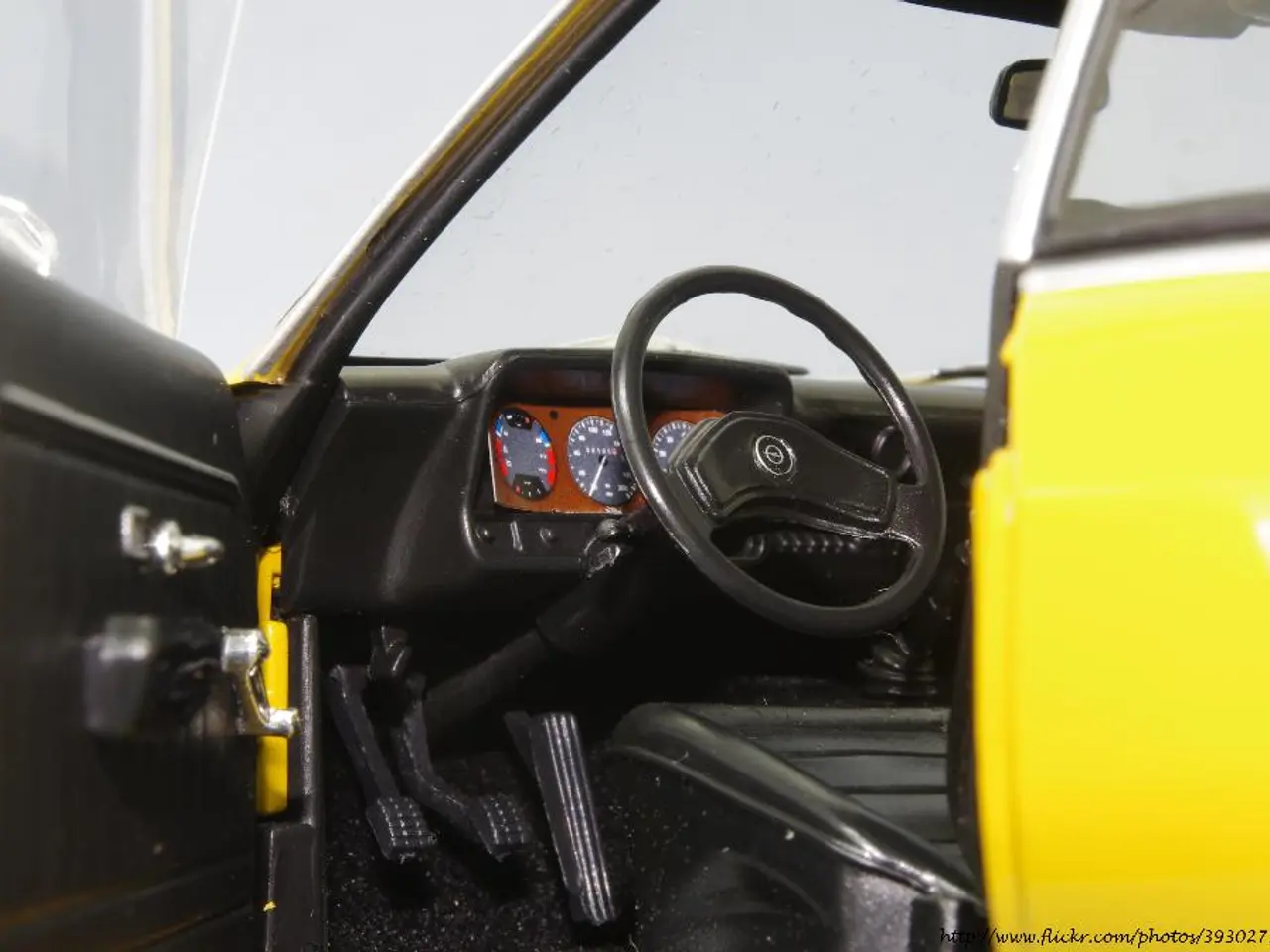Robotic Cleaner Spotted on Gdansk's Beach, Performing Its Duties
In a bid to enhance its environmental efforts, the city of Gdansk, Poland, has introduced a new innovation - BeBot. This semi-autonomous robot, donated by the Baltic Hub consortium, began service on July 30, 2021, and has since been cruising Stogi beach, collecting cigarette butts, bottle caps, and other waste.
The main cost associated with BeBot is the salary of a single person, as it was supplied free of charge. BeBot operates quietly and emits no exhaust fumes, making it an eco-friendly addition to the city's infrastructure. It is powered by solar panels and can sift sand to a depth of up to 10 cm, ensuring no waste is left behind.
Szymon Neumann is the first controller of BeBot, managing it from up to 300 meters away. BeBot is estimated to collect around 27.5 tons of beach waste before the end of the year, contributing significantly to the city's waste management.
Piotr Borawski, Deputy Mayor for Mobility and Safety, expressed his delight about the implementation of BeBot in Gdansk. The city's ongoing environmental plan also includes plans for developing rescue towers, changing rooms, playing fields, and PortBin Tide bins for collecting floating waste.
In addition to cleaning the beach, BeBot also takes on the task of cleaning volleyball courts. Environmental workshops for children are also part of the plans to develop infrastructure, aiming to educate them about the harmful effects of littering on the beach.
Gdansk's environmental plan integrates various strategies to improve urban resilience, ecosystem health, and energy sustainability. The city is part of Poland’s broader initiative to create "Community Forests"—forests with a social function located near cities—to increase urban green spaces and promote ecological benefits.
Moreover, Gdansk is investing in renewable energy, particularly offshore and onshore wind power, as part of its national energy transition. There is also a multi-national EU initiative (PLAN-B project) that offers tools and frameworks to mitigate environmental impacts such as light and noise pollution, potentially applicable to Polish cities including Gdansk.
Baltic Hub, which manages three container terminals in Gdansk, including the largest and newest terminal, T3, near Stogi beach, has been a key supporter of the BeBot project. Plans for infrastructure development are ongoing in Gdansk, including the purchase of a motorboat, jet ski, quad bike, and rescue kayaks.
In conclusion, BeBot is a significant step forward in Gdansk's commitment to environmental sustainability. Its introduction marks a new era in urban maintenance and environmental monitoring, contributing to a cleaner and greener Gdansk.
Science and technology play crucial roles in the city's environmental plan, as demonstrated by the introduction of BeBot, an environmental-science innovation for waste management. The integration of solar panels and a remote control system, leveraging technology, enables BeBot to operate as a quiet, eco-friendly addition to the city's infrastructure.




